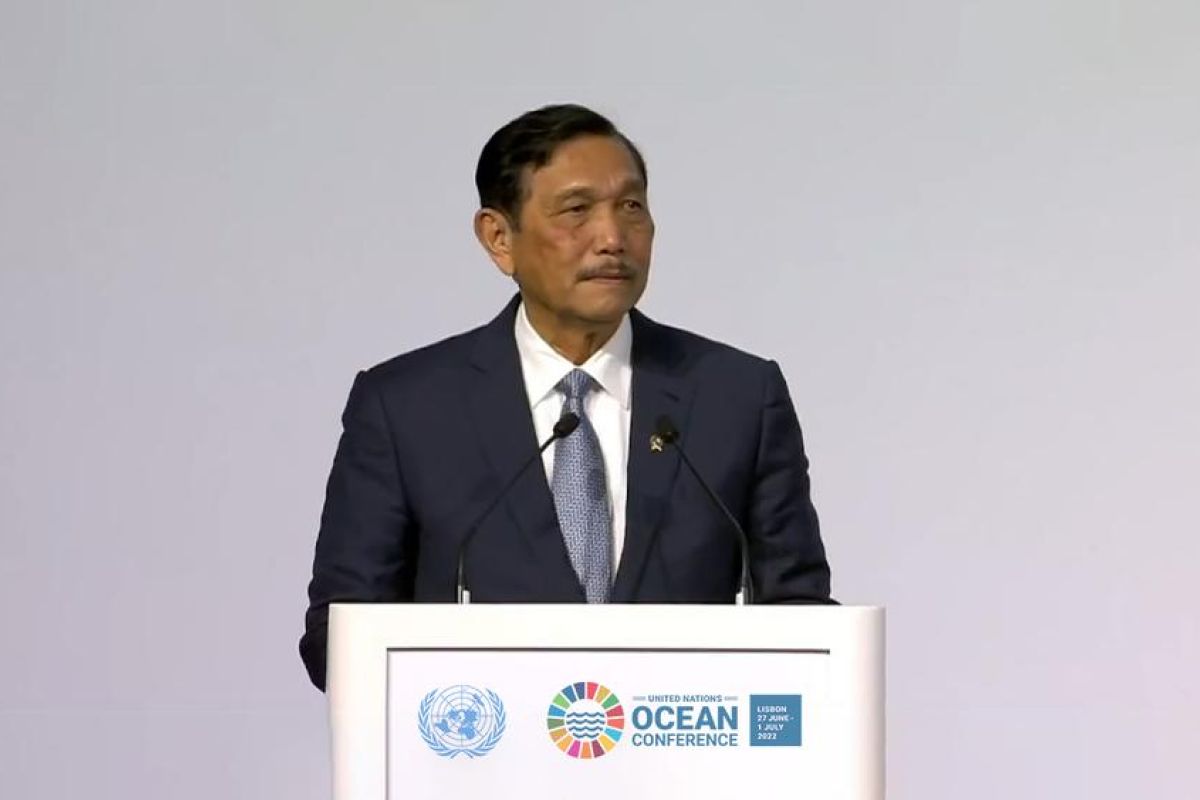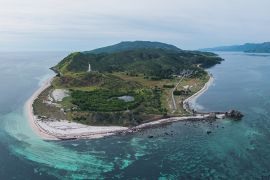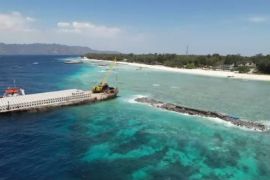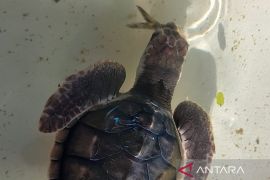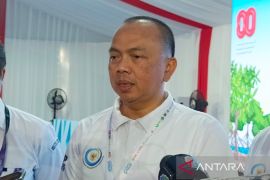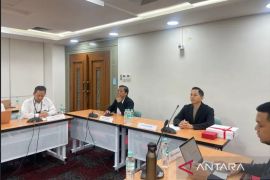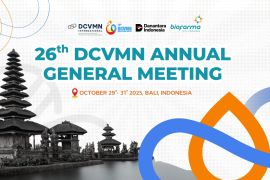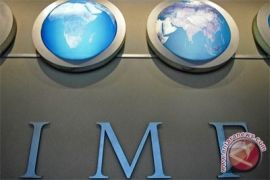Coordinating Minister for Maritime Affairs and Investment Luhut Binsar Pandjaitan, as director of the Indonesian delegation in negotiating the BBNJ agreement, welcomed the adoption of the BBNJ agreement text as an international legal instrument.
"Indonesia's (National Team) has played an active and strategic role in the negotiations, but it is more important to use this instrument (the BBNJ agreement) for the benefit of Indonesia," Pandjaitan noted in a statement in Jakarta on Wednesday.
Biotechnology will be a driving force for the medical industry and strategic technology in the future. Indonesia must not be left behind. "We must 'take action' now," he said.
The Indonesian government fully supports the adoption of the BBNJ agreement that has been officially adopted by consensus by 193 UN member states at the UN headquarters in New York, the US, on Monday (June 19).
The BBNJ Agreement is a new agreement under UNCLOS to regulate the protection and utilization of genetic resources in the international sea.
Permanent Representatives of the Republic of Indonesia to the UN in New York Ambassador Armanatha C. Nasir emphasized the strategic role of Indonesia and other developing countries in implementing contents of the BBNJ agreement.
In a national statement delivered at the BBNJ agreement adoption session, Ambassador Nasir emphasized that the BBNJ agreement enhances the strategic role of developing countries.
"Capacity building, as an important element in the implementation of the BBNJ agreement, should be able to encourage developing countries to be more actively involved in the conservation and utilization of genetic resources in the sea, especially outside national jurisdiction," he said.
"Indonesia is committed to participating in collaborating to increase our understanding regarding biological resources in the high seas and is ready to collaborate in increasing capacity for the common good," he stated while representing Indonesia at the Intergovernmental Conference (IGC) on the BBNJ.
The Indonesian National Team comprises negotiators from the Coordinating Ministry for Maritime Affairs and Investment, Foreign Affairs Ministry, Marine Affairs and Fisheries Ministry, Environment and Forestry Ministry, Permanent Representatives of the Republic of Indonesia in New York and several experts from the National Research and Innovation Agency (BRIN), as well as the Hydrographic Center and Oceanography of the Indonesian Navy.
They have fought for the interests of Indonesia and developing countries in the sustainable use of genetic resources in the international seas.
The Indonesia National Team is also actively pushing for biotechnology to become an integral aspect of technology transfer to developing countries.
In addition to fighting for equal opportunities for developing countries, Indonesia has succeeded in ensuring that the largest genetic resource in the sea, namely fish used in biotechnology activities, is not excluded from the benefit-sharing regime for all countries, especially developing nations.
Indonesia also persistently ensures that its position, as an archipelagic country directly adjacent to the high seas, is not excluded from the consultation process for the implementation of activities in the high seas.
Indonesia strongly opposes the implementation of activities in the high seas that are irresponsible and not consultative with countries around the location where activities are conducted in the high seas.
Indonesia's leadership in the context of the role of island and archipelagic countries is also carried out by ensuring affirmative policies for the representation of island and archipelago country experts in institutional schemes and capacity building of the BBNJ agreement, including the scientific and technical body (STB).
Coordinating Deputy for Maritime Sovereignty and Energy of the Coordinating Ministry for Maritime Affairs and Investment Jodi Mahardi, as leader of the Indonesian delegation at the 5th Resumed Session IGC-BBNJ, expressed optimism that the momentum of adopting the BBNJ agreement will become a stepping stone in strengthening Indonesia's maritime diplomacy and accelerating development of the biotechnology industry in Indonesia.
Mahardi also requested that the solidity and persistence of the Indonesian National Team in negotiations continue through a measurable action plan for implementation.
“Our homework is increasing. I hope this (BBNJ national team) solidity is maintained. In three months, we must be able to compile measurable implementation of regulations, research, involvement of the business sector, and diplomacy," Mahardi affirmed.
Related news: Natural factors, humans threaten sea turtle ecosystem: Ministry
Related news: Marine Ministry focusing on five blue economy programs
Translator: Ade Irma Junida, Cindy Frishanti Octavia
Editor: Rahmad Nasution
Copyright © ANTARA 2023
